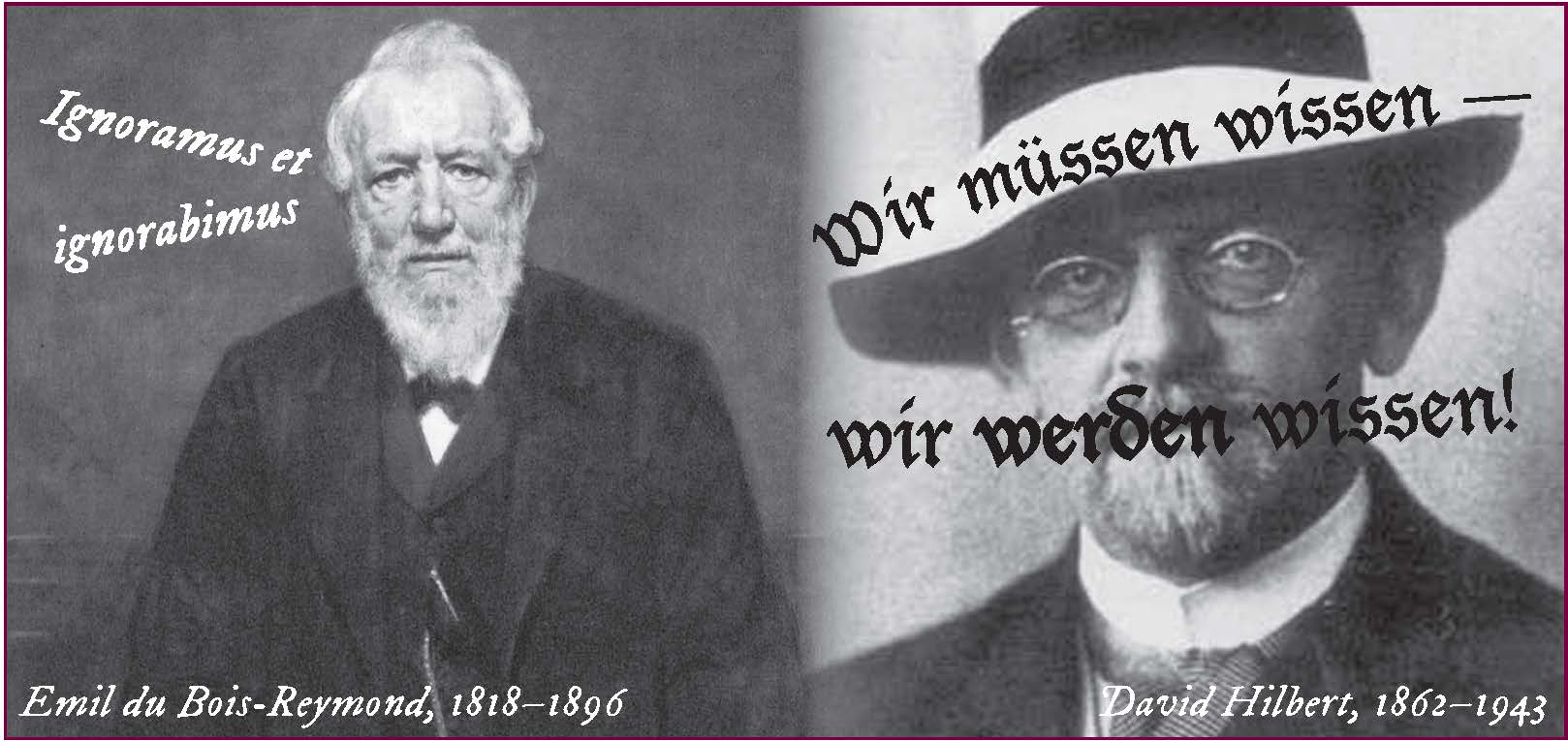On and off through my career, I’ve encountered people—usually students, occasionally faculty members—who didn’t know what they were talking about. Of course that was just how it seemed to me at the time, and I may have been wrong. However, I think I’m able to work out whether someone talking the talk has also walked the walk, at least in the areas with which I am moderately familiar. As with Lieutenant Columbo, a few “dumb” questions are usually enough.
When I was a student, there was always a very great deal to learn, much more than I could ever cope with. I accepted the fact that I would never be on top of everything, and aimed for a more or less adequate grasp of all, rather than a really thorough understanding of part of the syllabus. Perhaps exams encourage this approach, and no great harm was done, but it now seems as though I was sacrificing quality for quantity.
When I started doing research, with no syllabus saying I needed to learn this and I didn’t need to learn that, and no exams, and I alone decided what I learned, I needed a different approach. I had met the concept of arguing “from first principles” in high school, that is, developing a line of reasoning from the axioms to the conclusion, assuming nothing. This became my benchmark for knowing what I knew, and it still is. As a result, my research has been limited to things I can explain from scratch. I will insert a term into a discussion only if I can define and illustrate it; I’ll use a theorem in an explanation only if I can prove it on demand. I try to read all the papers I cite in my own papers, but even here I must hedge a little: what does it mean to say, “I’ve read that paper”? It’s exactly the same issue: can I explain the contents of that paper from first principles? With that requirement, I have actually read relatively few papers, far fewer than I’ve cited. I am reluctant to use quotes unless I have read them ‘in situ,’ and ideally all the surrounding text as well. (I find it hard to adhere to this rule, as there are so many wonderful quotes out there, met as quotes, not in context.)
While I was working on my PhD I encountered a new phenomenon: material that I could never know, regardless of the amount of time I spent on it. Mathematics is cumulative: to know this, you need to know that, to know that, you need to know the other, and while this doesn’t go on ad infinitum, the chain can be very long indeed. I became aware of many areas of mathematics that would remain beyond me forever. It is hard to put this assertion to the test, but after trying, I accepted it, even if as nothing more than a statement of my priorities. To paraphrase Niebuhr, “God grant me the serenity to accept the things I cannot know; courage to master the things I can; and wisdom to know the difference.”
All that was about my knowing. As a teacher I have spent a lot of time helping others figure out what they know and don’t know, and perhaps will never know. An approach that I often take when a student asks me a question is to go back to something more basic related to their question which they say they understand, and quiz them about that. Not infrequently, there’s still a problem, and so we go further back, until we are on solid ground, usually not ad infinitum, but sometimes to a tabula rasa. Not long ago I asked a student to figure out a certain paper. At our next meeting I asked, “Have you understood it?” and the reply was, “Yes.” I passed over a felt-tipped pen, pointed to my whiteboard and said, “Please explain how to get from line two to line three on page three.” The student demurred, muttering something about thinking under pressure, and so I handed over a piece of paper and said, “Write out the explanation and give it to me later.” I never did get that piece of paper back. It’s important to be able to say, “I don’t understand.”
I realize that I’m sounding as though everything is black and white, although I do know it’s not always clear. But often it is.
As Confucius says: “When you know a thing, to recognize that you know it, and when you do not know a thing, to recognize that you do not know it. That is knowledge.” (Arthur Waley’s translation; original text: 知之为知之,不知为不知,是知也。)

Comments on “Terence’s Stuff: Knowing”